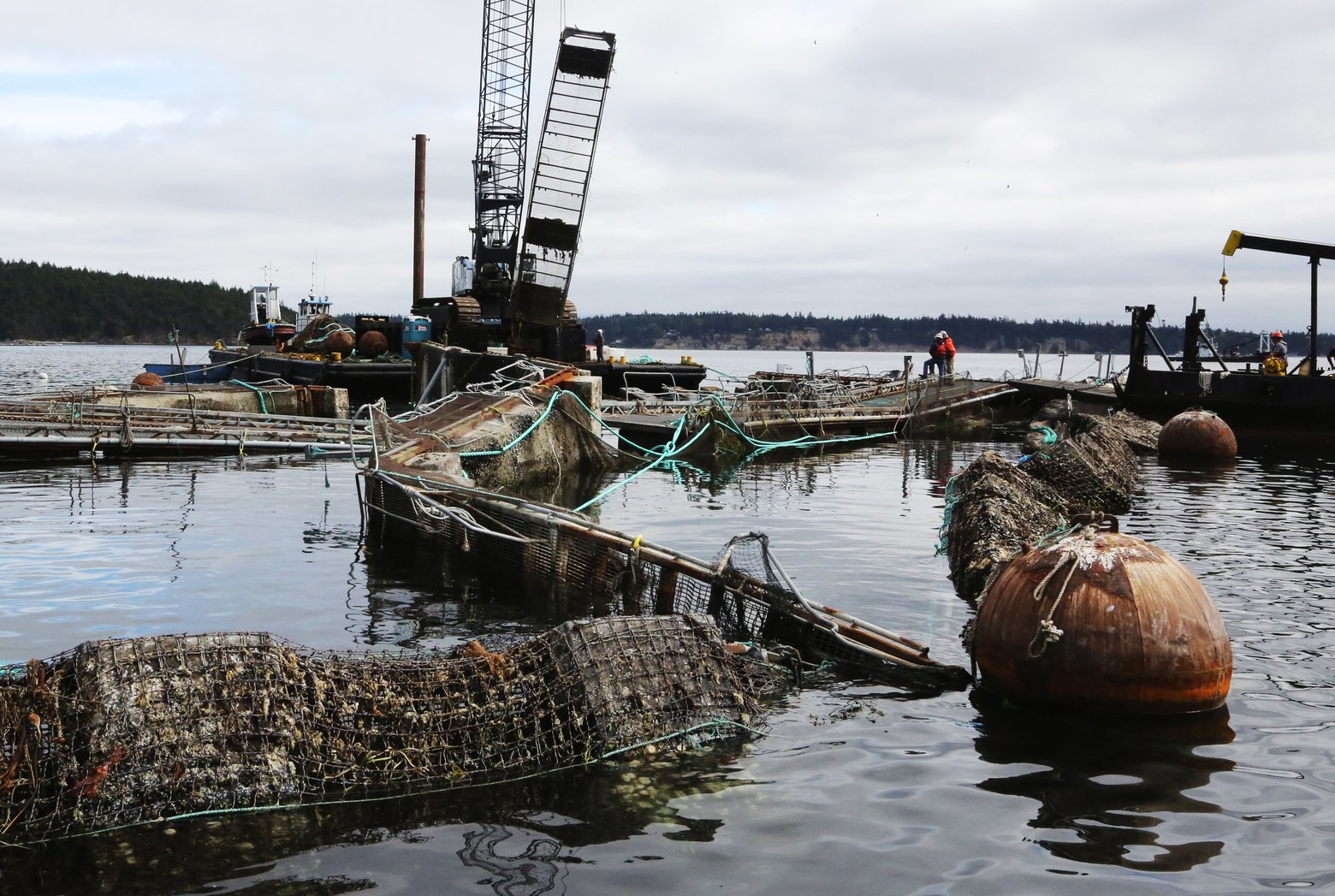NOAA Falls Short on Industrial Ocean Fish Farm Funding

Lack of Environmental Review is Illegal, Groups Allege
WASHINGTON, D.C. – The National Ocean and Atmospheric Administration’s (NOAA) decision to fund industrial ocean fish farms without performing environmental reviews is illegal, according to a joint letter from various environmental groups.
The letter, signed by Friends of the Earth, Center for Biological Diversity, Center for Food Safety, Food & Water Watch, and Recirculating Farms Coalition, alleges that NOAA will have failed to fulfill its legal obligations under the National Environmental Policy Act and the Endangered Species Act if it neglects to perform environmental reviews prior to funding industrial aquaculture operations.
Studies confirm that industrial ocean fish farms have been proven to directly impact and change water ecosystems, hurt their inhabitants, and risk public health.
“Factory farming in our oceans is a bad idea for consumers, wildlife and the environment,” said Hallie Templeton, Senior Oceans Campaigner at Friends of the Earth. “Before handing out a dime, NOAA must fulfill its obligation to ensure that these floating factory farms will neither harm the environment nor jeopardize our protected species.”
Marianne Cufone, Executive Director of the Recirculating Farms Coalition and environmental attorney agrees. “Industrial ocean fish farming should be a thing of the past – it is outdated and unnecessary. NOAA should be funding more sustainable means of raising fish to supplement wild catch that does not harm our oceans or impact the livelihoods of fishing communities.”
“It is unacceptable that NOAA would use taxpayer dollars to fund the growth of factory fish farms without doing an environmental review,” said Wenonah Hauter, executive director of Food & Water Watch. “NOAA should not pay to promote an industry that would abuse our public resources and put the health and welfare of communities, the environment and wildlife at risk.”
“NOAA knows industrial aquaculture has had a dismal track record,” said Sylvia Wu, senior attorney at Center for Food Safety, “the agency must comply with its legal duty to assess impacts on the environment and sensitive species before funding any fish farms in our oceans.”
“Industrial aquaculture exposes native salmon and other wildlife to disease and pollution,” said Miyoko Sakashita, oceans director at the Center for Biological Diversity. “Ocean fish farms are a disaster for ocean ecosystems, especially when the fish escape. These fish farms degrade our oceans and the feds need to take a hard look at those environmental consequences.”
Communications contacts: Patrick Davis, (202) 222-0744, [email protected]
